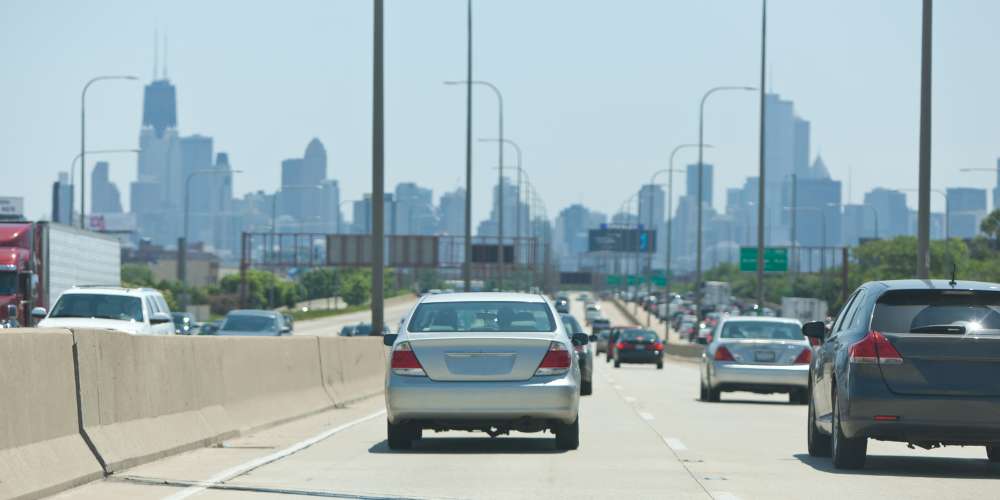While we recommend seeing a chiropractor after a car accident, the most important way to…
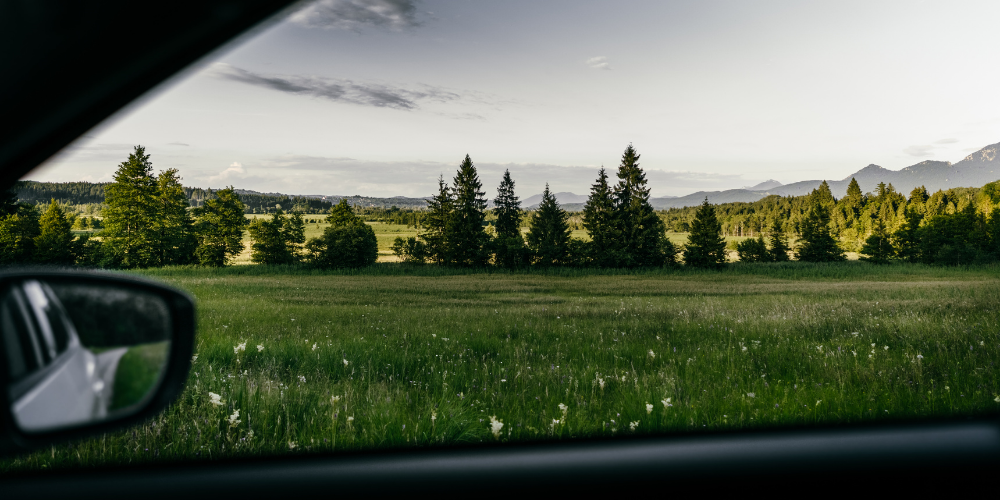
How to Best Prepare for a Spring Road Trip
The weather is warming up, states are easing COVID-19 restrictions, and it feels like some parts of our routines are beginning to return to normal. While you may not be interested in flying yet, now may be the perfect time to plan a spring road trip. Before you hop in your car, you’ll want to remember a few things so that your journey goes smoothly and is safe.
Get your car checked out
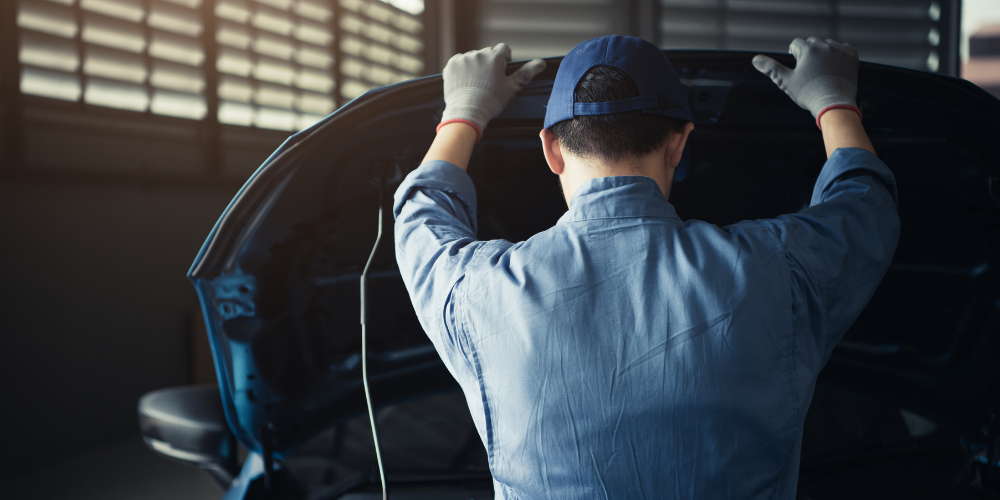
If you’re getting ready to put some miles on your vehicle, take it in to get maintenance. Schedule a time to bring it to a mechanic or automotive shop. Check with the dealership where you bought the car too; they may service it for free. Ask them to check the brakes, cooling and heating systems, and fluid levels. It’s also a good idea to check the wheels, tire pressure, and make sure your spare tire is ready in case you need it.
Make a plan
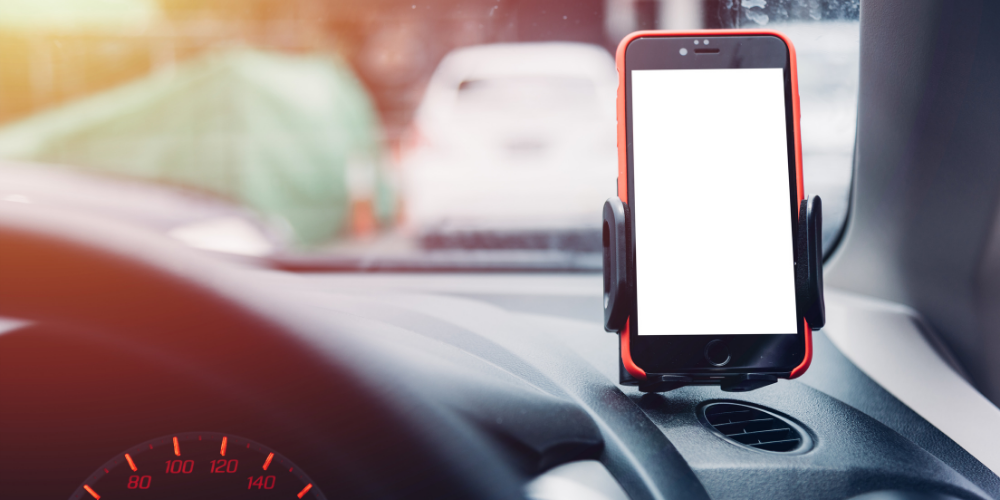
Your schedule might not be as tight on a road trip, but having a plan is a good idea. Decide where you’re going, how you’re getting there, and when you want to arrive. Is driving 10 hours a day too much? Or would you rather get there a day later and drive a bit less each day? Once you decide on your route and timeline, decide where you’ll stop along the way. Obviously things change over the course of a road trip, but going in with a plan will give you a clearer idea of your timing for the trip.
Take advantage of daylight hours
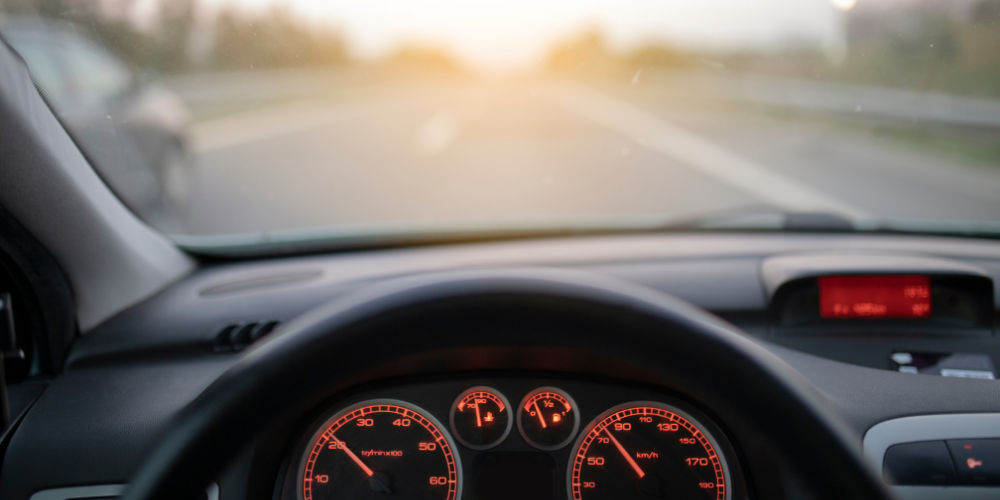
Most car accidents happen when the sun is down. If you’re going to be out on the road for the bulk of your trip, take advantage of daylight hours and try to do all of your driving then. That can’t always be the case, and if it’s not, make sure to be extra careful when driving at night. Turn your headlines on as soon as the sun begins to set or turn them on if you’re driving before the sun is up in the morning. Be extra careful when going through neighborhoods and driving in pedestrian areas. Give yourself extra time so you don’t feel like you’re in a rush.
Expect the unexpected
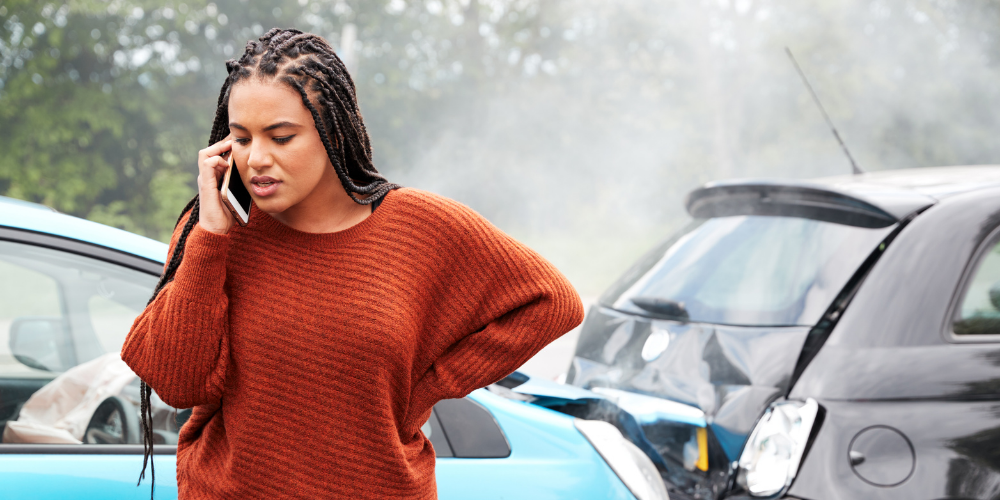
A lot more is likely to change over the course of a multiple-day trip than over a quick stop to the grocery store. Expect plans to change. It’s always a smart idea to have an emergency kit packed just in case. Bring extra food and water, and a change of clothes (and a few layers). It’s also worth having an external phone charger and the numbers of a few key contacts, as well as the numbers for local highway patrol and automotive shops written down.
If something happens
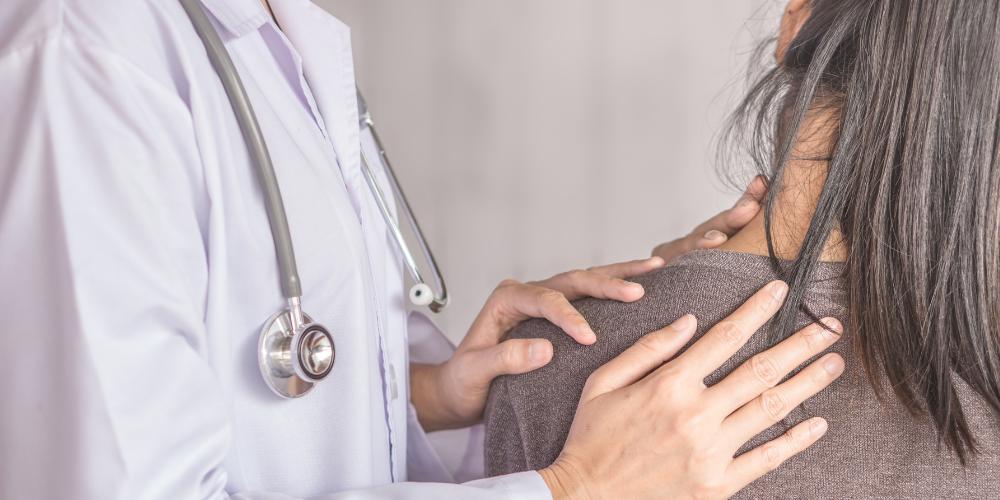
Planning and being cautious only gets you so far. More hours on the road means a higher chance of an accident. If you are in a car accident, make sure you prioritize your safety and wellbeing. Call 9-1-1 and seek care immediately. If you’re in a position to render aid and help others, do so.
Once the immediate aftermath of an accident is over, the hard part begins: making sure you’re in the position to recover long term. Many people in accidents choose to seek out chiropractic care afterward. A chiropractor can develop a unique recovery plan to address specific pain and injuries you’re experiencing. They are particularly versed in neck and back pain. Their approach to healing is often lower risk than other options and can even be more affordable.
Road tripping again
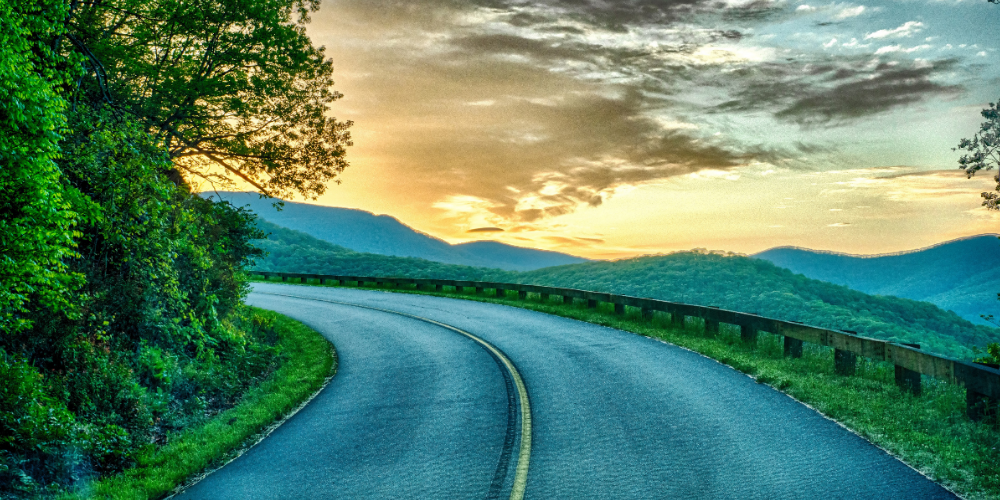
After spending a year mostly at home, a spring road trip may be the perfect getaway as you head toward a return to normalcy. Make sure you put yourself in the best position to travel safely. Prepare ahead: get your car checked, make a schedule, and have a plan B. Most importantly, be in a position to react quickly if you’re in you’re in an accident and put yourself first. Consider addressing your pain by visiting a chiropractor.
For more information, please contact us.

